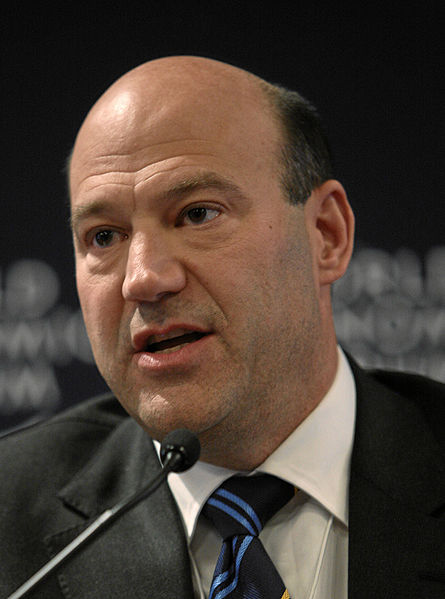All seven Goldman Sachs executives and staffers testifying before the Senate investigations subcommittee today will say they never actively “shorted,” or outright bet against, the US housing market in 2007 and 2008, according to their prepared remarks. They all say their investments that profited from the subprime mortgage meltdown, and later the housing collapse, were merely hedges against risk on their books and countering “long” investments, those that would profit if the housing market’s gains continued. “The fact is we were not consistently or significantly net ‘short the market’ in residential mortgage-related products in 2007 and 2008,” Goldman CEO Lloyd Blankfein will testify today.
Goldman’s stance is directly at odds with that of Sen. Carl Levin (D-Mich.), the chairman of the Senate investigations subcommittee. Levin said in his opening remarks today that Goldman wasn’t merely getting “closer to home,” or reaching a neutral point where long and short risk balanced out. To the contrary, Levin said Goldman “blew right past a neutral position on the mortgage market and began betting heavily on its decline, often using complex financial instruments, including synthetic collateralized debt obligations, or CDOs…It was what one top executive described as ‘the big short.'”
In Levin’s remarks, he cited numerous documents uncovered during the subcommittee’s 18 month investigation into Goldman’s role in the financial collapse. In one internal document, Goldman mortgage trader Joshua Birnbaum wrote in a performance self-evaluation for 2007, “the prevailing opinion within the department was that we should just ‘get close to home’ and pare down our long” positions. Birnbaum, though, went on to say, “I concluded that we should not only get flat, but get VERY short.” (“Flat” means an equal balance between long and short investments.)
In another email exchange, as Mother Jones previously reported, a Goldman staffer mentions the devastating rating downgrades of $32 billion in mortgage bonds on one day in October 2007, which essentially froze the subprime mortgage market. In that same exchange, however, the staffer, Michael Swenson, estimated that the firm “will be up between 30 and 35 [million]”; a colleague replied to the gains, “sounds like we will make some serious money.”
And in a 2007 presentation to Goldman’s Board of Directors, the firm’s top brass reported that Goldman was “overall net short the mortgage market and thus had very strong results.” The presentation specifically referred to the second quarter of 2007, but Levin’s committee says those negative bets were characteristic of the firm’s mentality throughout 2007.
This evidence, in addition to thousands more documents made public today by the subcommittee, offers proof that Goldman actively shorted the housing market, Levin said. “These findings are deeply troubling,” he said. Not only did Goldman’s creation of toxic mortgage products and sale of them to its clients damage the firm’s reputation, but “the toxic mortgages and related instruments that these firms injected into our financial system have done incalculable harm to people who had never heard of a mortgage-backed security or a CDO, and who have no defenses against the harm such toxic Wall Street creations can cause.”















